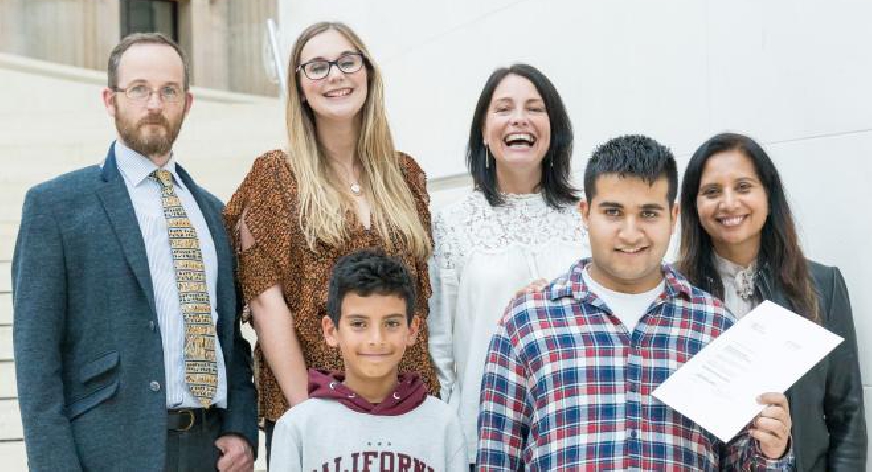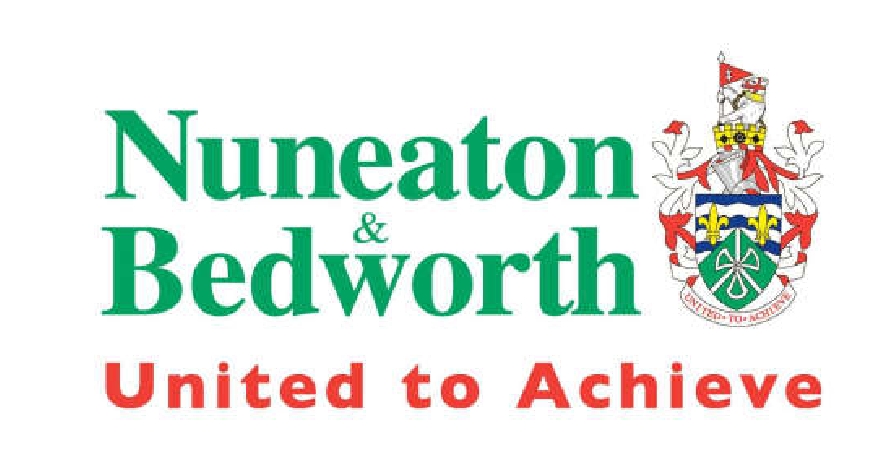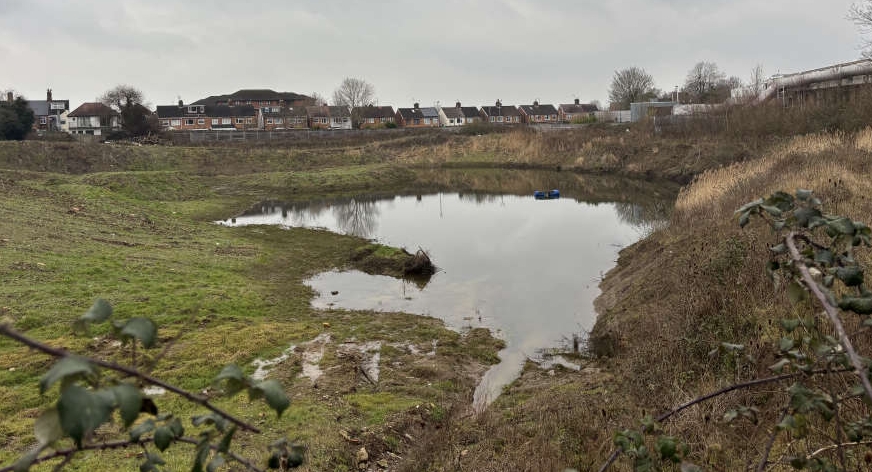
A heritage project for young volunteers aged 11 to 16 with autism has scooped the top regional volunteering prize at the Marsh Trust awards.
'Project Digby' picked up the award for 'Volunteers for Museum Learning’ at a ceremony held last month at the British Museum in London.
Presented to Project Digby's young volunteers by the British Museum and the Marsh Christian Trust, the award recognises the best and most innovative ways in which volunteers work within local and national museums and galleries to engage the public with collections and exhibitions.
We are delighted that volunteers from Project Digby have won this prestigious national award. Their efforts and commitment highlights that everyone has something valuable to offer as a volunteer.
Their contribution inspired a change in how our heritage sites and teams can work with and for their local community. The legacy of the project has been far-reaching and has improved everyday working practices.
Person:Richard Blunt, cabinet member for heritage, leisure and arts
Developed by Leicestershire county council and Autism East Midlands, Project Digby, which ran in summer 2018 is a free five-week programme based at the 1620s House and Garden in Donington Le Heath, near Coalville. It focuses on the history of the 1620s House and the Digby family who lived there.
Through the group’s learning, they were able to make the museum more autism friendly and create a fun quiz for visitors to enjoy. Some of the interpretation volunteers at the 1620s House and Garden were also involved in delivering the project.
Jane Howson, Autism East Midlands chief executive said: “We are extremely proud to be part of a project that was designed to engage autistic young people in a heritage environment. Working alongside Leicestershire County Council developing this project was extremely rewarding, and all members of the team were passionate about developing the best possible environment for autistic individuals to thrive in.
“It was fantastic to see how the individuals who accessed this project became less anxious and more willing to engage. We hope that moving forward the work produced during this five-week project can be developed across the county’s heritage and museum sites, allowing autistic individuals across Leicestershire the opportunity to engage with, learn from and enjoy the county’s heritage sites.”
Since the award, more than 30 staff have received autism awareness training. In addition, environmental audits have been carried out across three sites and a guide on autism-friendly activities and how to make autism-friendly adaptations, has been created for independent museums across Leicestershire.


 Local authorities disagree with County Council's ‘One Council’ proposal
Local authorities disagree with County Council's ‘One Council’ proposal
 Leicestershire County Council gives budget green light
Leicestershire County Council gives budget green light
 Proposals show Hinckley Cottage Hospital could be knocked down to build new facility
Proposals show Hinckley Cottage Hospital could be knocked down to build new facility
 Plans changed for a Cinema to be in Nuneaton's Abbey Street development
Plans changed for a Cinema to be in Nuneaton's Abbey Street development
 Young people spotted playing around Hinckley's big pit
Young people spotted playing around Hinckley's big pit







